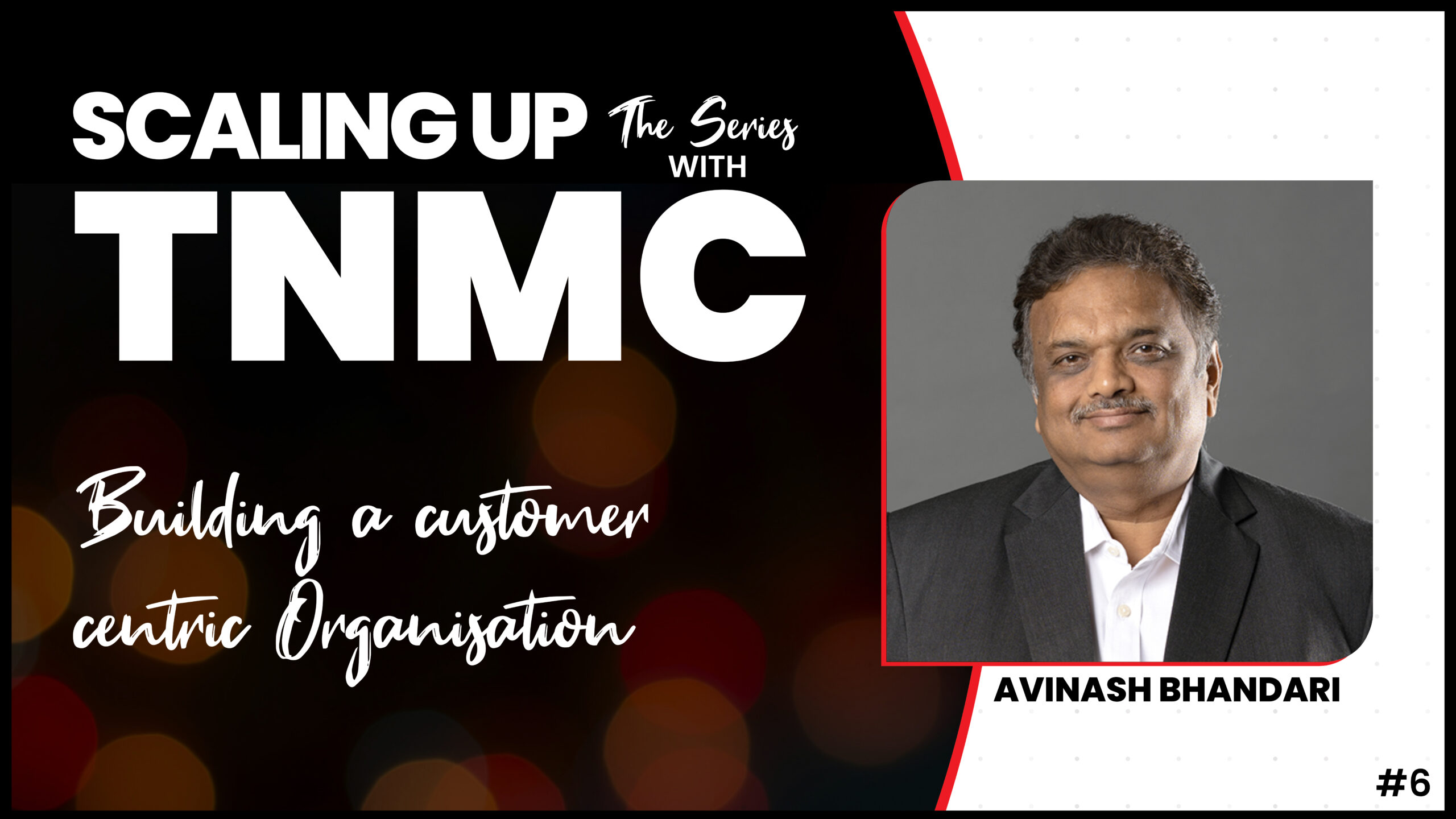Scaling up requires building a customer centric organization
At the heart of successful business scaling lies a fundamental truth: most organizations grow initially because they were customer-centric from the outset. The journey from inception to initial growth is often fueled by a passionate commitment of the founding promoters to understanding and satisfying customer needs. However, as companies evolve and grow, maintaining this customer-centric ethos becomes not only a challenge but also a strategic imperative.
In the early stages of growth, the founders and key promoters of a business are often deeply connected to their customers. This connection is a driving force, motivating decisions that prioritize customer satisfaction and loyalty. The organic growth of these customer-centric practices is evident as promoters personally care about the customers and their experiences w.r.t the company products and services.
The challenge arises when scaling up necessitates the delegation of responsibilities beyond the founding team. It becomes imperative to ensure that the same customer-focused ethos is seamlessly transferred to every member of the expanding organization. Building a customer-centric organization requires a deliberate effort to instill a customer-first mindset into the organizational culture.
Transferring this customer-centric ethos to the team involves more than just creating policies or guidelines; it demands a cultural shift. It begins with leadership setting an example—demonstrating through actions and decisions that customer satisfaction is not just a priority but a guiding principle. This commitment should be communicated clearly to every team member, emphasizing the importance of their role in delivering exceptional customer experiences.
Moreover, building a customer-centric organization means ensuring that every decision is taken with the customer in mind. From product development to marketing strategies and operational processes, each aspect of the business should align with the goal of enhancing customer satisfaction and customer value. This approach goes beyond traditional customer service : it encompasses the entire customer journey, anticipating needs, proactively addressing pain points and innovating when customer priorities change.
An organization’s ability to scale successfully is intricately tied to its capacity to maintain a strong customer-centric focus. Satisfied customers become loyal advocates, driving not only repeat business but also acting as promoters who attract new customers. In the digital age where customer reviews and experiences are shared widely, the impact of a customer-centric approach extends far beyond immediate transactions.
In conclusion, scaling up necessitates the deliberate construction of a customer-centric organization. While many organizations start with a customer-focused foundation, it’s crucial to ensure that this ethos remains intact and evolves as the company grows. Building a customer-centric organization requires leadership commitment, cultural alignment, and a consistent dedication to making decisions that prioritize and enhance the customer experience at every turn. As businesses embark on the journey of growth, the path to success is paved with a steadfast commitment to putting the customer at the center of every endeavor.


